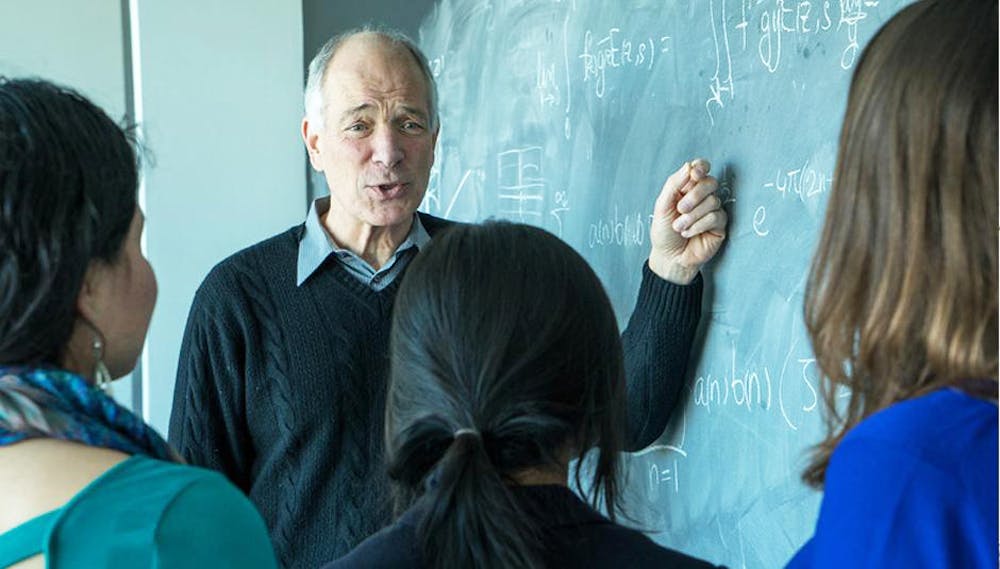Two University researchers were recently elected into the National Academy of Medicine for their work in public health and policy, earning a distinction annually conferred to fewer than 70 individuals.
Vincent Mor, professor of health services, policy and practice, and James Morone, director of the Taubman Center for Public Policy and professor of public policy, political science and urban studies, joined the roughly 2,000 members of the organization this month. Previously known as the Institute of Medicine, the Academy appoints membership among leading researchers in the field of medical inquiry. Its identical partners — the Academies of Science, Engineering, and Research — also make appointments in their fields.
Both professors are not physicians — they were instead elected on the merit of their research in the public health fields. Mor specializes in studies regarding long-term care of the elderly and the chronically ill, while Morone works in healthcare policy. Both are experienced communicators, with hundreds of publications and multiple books between them.
For Mor, who has been a University faculty member for over 30 years, the recognition was unexpected. While the Academy had considered him at least once before, he was unaware of the announcement of his election until a few weeks ago, he said. The award helps his career come full circle, as an early mentor — the late Medical Dean David Greer — was also a NAM member.
Mor’s current work focuses on analyzing policy in healthcare, as well as conducting large randomized trial projects to improve care.
By working with hundreds of nursing homes across the country,“we hope to see how care is delivered, the kinds of care and the patient outcomes,” Mor said.
Mor said he is also proud of his work in evaluating hospice care, with papers published over a timeline spanning the 1980s to the present. Such work has helped affect public policy by providing more long-term aid to the elderly and infirm, he said.
Morone’s work takes a similar path: He studies healthcare politics within the United States. “I was hooked (on the topic) because it engaged such a fundamental question: Every other wealthy nation insures all its people, they see healthcare as a basic human right,” Morone wrote in an email to The Herald. But in the United States, efforts to extend healthcare to the entire population have “created a huge outcry” going as far back as 1915, he added.
In both articles and books, Morone has written on topics including the Puritan tradition in American political history and the way each U.S. president has dealt with healthcare issues. He stressed the need to act fast in the political realm to create real change, adding that he is “thrilled and humbled” to be a part of the Academy.
Mor and Morone have collaborated with each other before, conducting research on HIV during the AIDS pandemic. Studying “heroic organizations — churches, doctors and activists,” their work met at the intersection of patient care quality and political leverage of the then-taboo topic, Morone said.
“The election of individuals to the National Academy of Medicine begins with a confidential nomination by two NAM members” wrote Jennifer Walsh, senior media officer of the Academy, in an email to The Herald. “At least one quarter of the membership shall be selected from fields outside the health professions that interface with health and medicine, demonstrating continued involvement and breadth to the Academy’s mission.”
Both researchers were officially announced as members during the NAM annual meeting in October and are expected to be active and valued participants in the organization, Walsh wrote.





